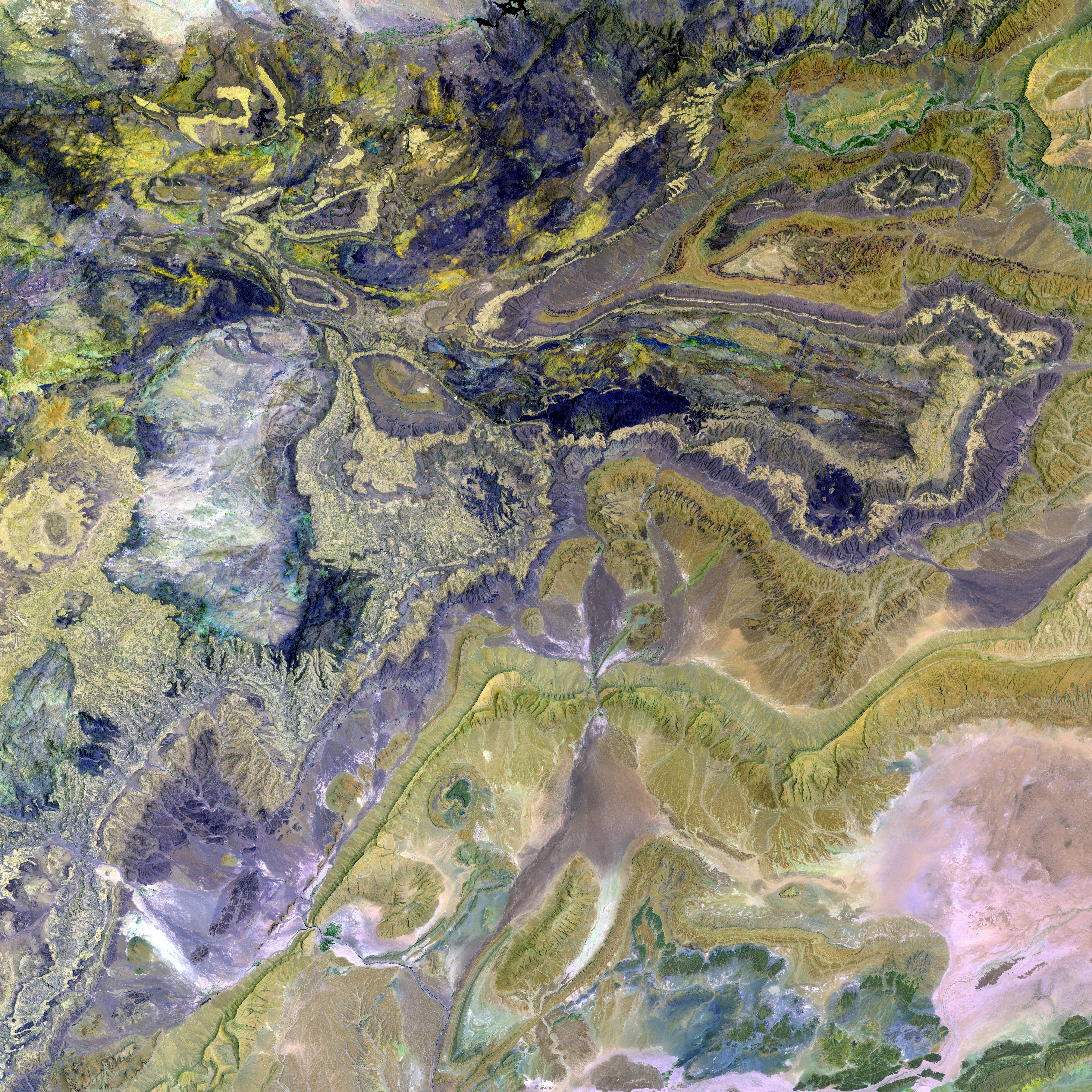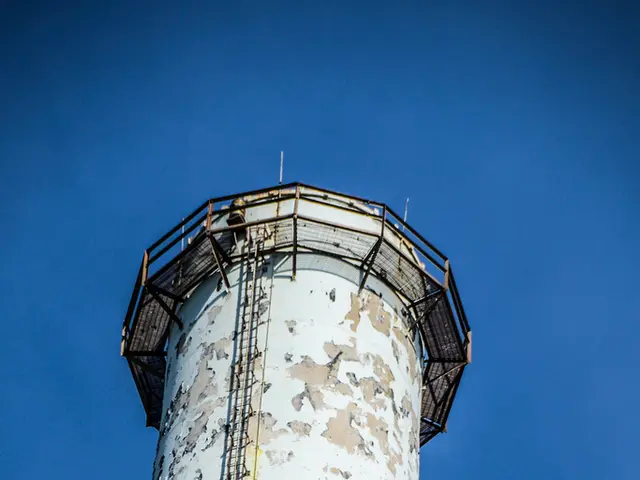Israel carried out an airstrike close to the Syrian presidential palace, in retaliation for the aggression inflicted upon the Druze community.
Headline: Israel Strikes Syria Over Ongoing Violence Against the Druze Community
Hear This: The Israeli Defense Forces (IDF) waged a series of airstrikes in the wee hours of Friday, close to the Presidential Palace in Damascus, Syria. This decisive move wasn't made in vain, but a response to the escalating violence against the Druze community.
Check Out These Facts: This open act of defiance by the IDF sends a clear message to the Syrian government: the Israeli authorities won't tolerate any Syrian troops advancing south of Damascus or any threats to the Druze community. [You might be interested in: Tensions escalate between Israel and Syria, spurred by Israel's unwavering support for the Druze community.]
In the wake of these attacks, Israeli Prime Minister Benjamin Netanyahu and Defense Minister Israel Katz declared, "We refuse to allow Syrian troops to advance south of Damascus or any threat to the Druze community."
What's Happening? The recent events follow a series of sectarian clashes, leaving approximately 102 deaths, predominantly Druze community members. The disturbances have brought to light internal tensions that plague Syria, a nation tormented by power struggles amongst various factions. Some of these factions have shown a propensity for resorting to violence against minorities, such as the Druze, a religious sect primarily residing in the south of the country.
Let's Get Deeper: The spiritual leader of Syria's Druze, Sheikh Hikmat al-Hijri, described the wave of violence as an "unjustifiable genocidal campaign" against his community. In response to this situation, al-Hijri called for the intervention of international forces to secure the safety of the Druze in the country. Moreover, he accused Syrian authorities of failing to adequately protect his community.
The clashes were triggered by an incident involving the circulation of an audio clip deemed blasphemous by some sectors of the population, which sparked uproar in areas near Damascus. [You might be interested in: The Middle East finds itself in tense international negotiations, as the United States and Iran postpone talks indefinitely.]
The fighting reportedly resulted in the deaths of roughly 40 Druze fighters in an ambush along the road connecting Sweida and the Syrian capital. Amidst this chaos, Israel Defense Minister, Israel Katz, expressed that if Syrian authorities neglected to address these issues, Israel would respond accordingly with "significant force."
It's Worth Mentioning: Israel has a history of supporting the Druze in Syria, a group primarily residing in the strategically valuable Golan Heights, a disputed region between Israel and Syria. This stance mirrors Israel's growing concerns regarding the expanding influence of radical groups in Syria, a threat to regional stability in the Middle East.
Israel has made it known that it will actively monitor the situation and take decisive action if required to protect the Druze community. In contrast, the Syrian government, now controlled by radical Islamist factions, has attempted to pacify the situation through temporary ceasefires in areas such as Jaramana and Sahnaya near Damascus. However, the Druze community, including al-Hijri, has expressed doubts about the intentions and capabilities of the Syrian authorities to adequately safeguard their population.
Additional Fact: According to reports, the crisis among the Druze community in Syria has been marked by kidnappings, torture, and the murder of key local leaders such as Hussam Al-Warwar, the mayor of Sahnaya[5]. Recent events have shed light on the increasing fragmentation of Syria, where internal struggles between different groups have resulted in countless deaths, including over 1,700 individuals from the Alawite community in a series of attacks in the coastal region in March. [You might be interested in: France and the global community push for de-escalation in Syria, amid concerns over Syrian government's aggression towards its minority populations.]
Keep in Mind: The escalation of violence targeting the Druze community in Syria continues to pose a significant challenge, both for Syrian authorities attempting to maintain order and international organizations seeking to bring stability to the region. As the conflict unfolds, the interests and actions of regional powers like Israel will likely play a crucial role in shaping the trajectory of events.
- The Israeli Defense Forces (IDF) offered airstrikes in Syria as a response to the escalating violence against the Druze community, specifically in the south of the country.
- The Syrian government's failure to protect the Druze community from blasphemous acts and internal tensions has been criticized by Sheikh Hikmat al-Hijri, the spiritual leader of Syria's Druze.
- TheSyrian government, now controlled by radical Islamist factions, has attempted to pacify the situation through temporary ceasefires, but the Druze community, including al-Hijri, has expressed doubts about their intentions and capabilities.
- Israel has actively monitored the situation in Syria, with a particular focus on the Druze community, and has threatened to use significant force if necessary to protect them, given its history of supporting the Druze in the strategically valuable Golan Heights.









